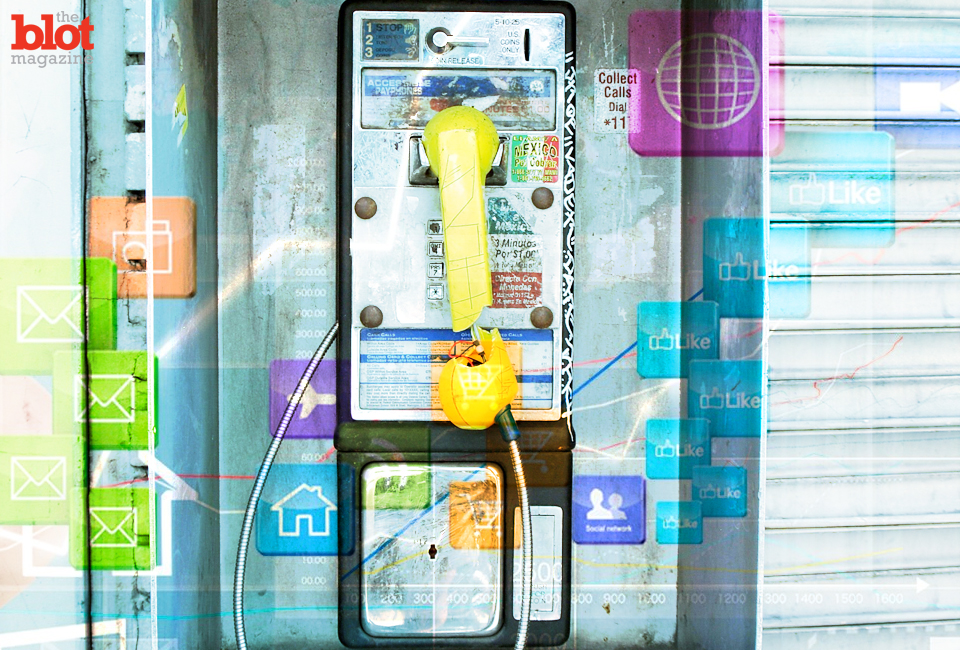New York City Comptroller Scott Stringer and the five borough presidents did the right thing on Wednesday when they criticized Mayor Bill de Blasio’s inequitable Wi-Fi expansion program.
They spoke up for millions of New Yorkers who call a borough other than Manhattan home. Bronx Borough President Ruben Diaz Jr. said he “can’t in good conscience” support the plan to only install high-speed Wi-Fi services in Manhattan with slower ones slated for the rest of the city.
“LinkNYC leaves too many questions unanswered and too many New Yorkers out of the Internet fast lane,” Stringer said in a statement that called for a broadband bill of rights. “Creating the world’s largest public WiFi system is forward-thinking and a necessary step to keep New York City first among global cities. We need guarantees in writing to ensure that everyone has equal access to high-speed Internet, that our communities are consulted when decisions are made about how to deploy this technology, and that this contract provides for state-of-the-art public WiFi, now and in the future.”
Stringer and the borough presidents also outlined five goals aimed at greater equity for the Wi-Fi expansion plan, which included ending Internet inequality, a stronger, more accountable contract, greater transparency on revenue forecasts and redistribution, community consultation and sustainability and resiliency.
Sure, their stance could be viewed cynically as an easy way to score political points, but it was also spot-on and a rare case when both the point, and the advocacy for an even distribution of city services, coincided.
The de Blasio-backed plan will convert 20th Century technology at never-used payphones into free Wi-Fi service kiosks and Wi-Fi hotspots at 6,000 payphones.
Diaz made the comments during a Franchise and Review Committee meeting. The six-member committee is comprised of two de Blasio representatives, one from the city Law Department, one representing the Office of Management and Budget, a representative of the comptroller and one of each of the five borough presidents. The borough presidents share one vote, which is handed off based on the location of the franchise or concession being considered, according to nyc.gov.
On Monday, Dec. 8, the committee will hold a hearing to discuss the draft franchise agreement for the WiFi system.
Diaz, in a statement last month following the announcement of the free wireless network, LinkNYC, by the Department of Information Technology and Telecommunications said, “DoITT needs to ensure that the implementation of the LinkNYC plan is equitable, resilient and meets the needs of the people of this city regardless of their neighborhood or income level.”
Hey, it’s not like people living in Brooklyn (population 2.5 million), The Bronx (1.4) million, Queens (2.2 million) or Staten Island (472,621) have any less to get done, appointments to keep or the same needs as those living in Manhattan, right?
It’s surprising a Brooklyn resident and purportedly progressive leader like de Blasio would advocate for such an inequitable policy that reminds this Brooklynite of a time when other parts of New York City were mostly ignored by decision makers sitting atop the gleaming lights of the “city.”
de Blasio representatives have claimed the mayor supports the plan with slower speeds for the other boroughs because they are quicker than lots of home Wi-Fis. In addition, the plan was formulated as such because the company which received the winning bid is unable to install the faster service throughout the city due to costs.
According to the city, there are nearly almost 10,000 payphones in the five boroughs. Wi-Fi services have already been installed at 27 locations — 17 in Manhattan with three apiece for Brooklyn, The Bronx and Queens and one in Staten Island.
Noah Zuss is a reporter for TheBlot Magazine.






